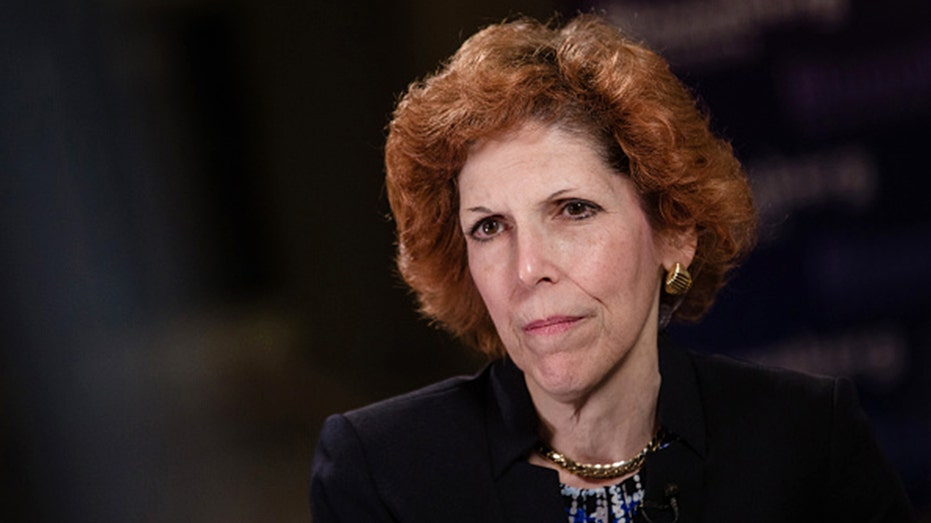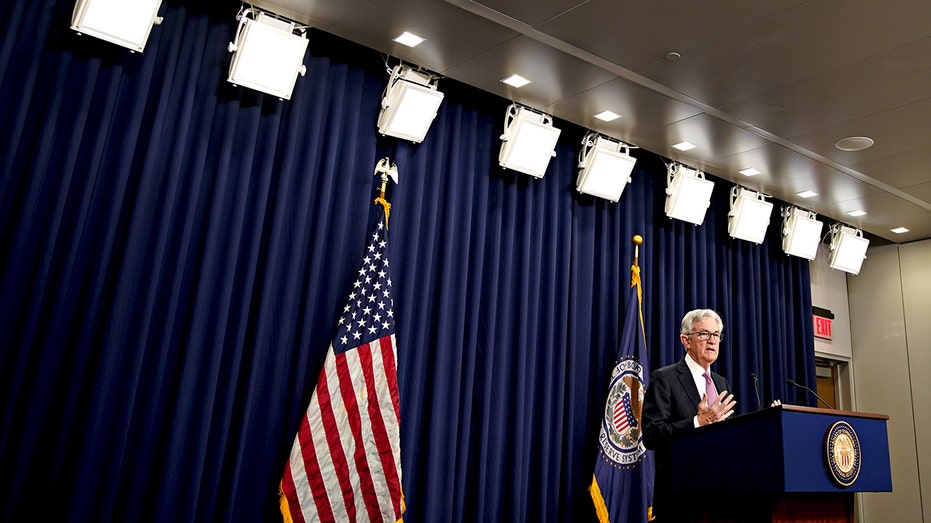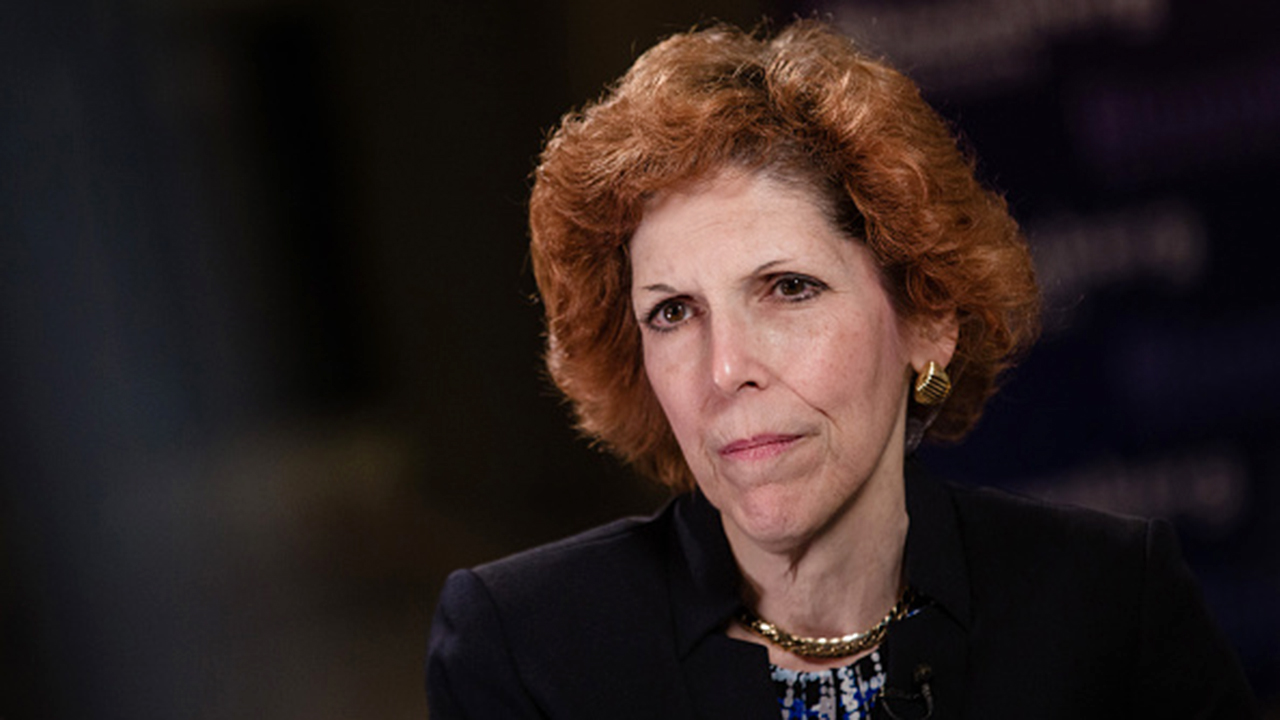Fed's Mester sees interest rates topping 4% this year, no rate cuts in 2023
Fed president signals interest rates need to move into restrictive territory
A look ahead to September's Federal Reserve meeting
Janney Montgomery Scott president and CEO Mark Luschini offers his prediction for the Federal Reserve's upcoming meeting and shares advice for investors in the current market on 'Maria Bartiromo's Wall Street.'
Cleveland Federal Reserve President Loretta Mester said Wednesday that central bank policymakers need to raise the benchmark interest rate considerably higher and leave it elevated for some time until inflation starts to cool.
Mester, a voting member of the policy-setting Federal Open Market Committee, predicted that interest rates will rise above 4% by the beginning of 2023.
"My current view is that it will be necessary to move the fed funds rate up to somewhat above 4% by early next year and hold it there," Mester said Wednesday in remarks prepared for an event organized by the Dayton Area Chamber of Commerce. "I do not anticipate the Fed cutting the fed funds rate target next year."
Her comments echo those made by Chairman Jerome Powell in a keynote speech last week at the Kansas Federal Reserve's annual economic symposium in Jackson Hole, Wyoming. In his message, Powell reiterated a pledge to "forcefully" fight inflation that is still running near the hottest pace in 40 years.
FED RAISES INTEREST RATES BY 75 BASIS POINTS IN ANOTHER HISTORIC MOVE TO TACKLE INFLATION

Loretta Mester, president of the Federal Reserve Bank of Cleveland, pauses during a Bloomberg Television interview at the French central bank and Global Interdependance Center (GIC) conference in Paris, France, on Monday, May 14, 2018. (Photographer: Marlene Awaad/Bloomberg via Getty Images / Getty Images)
"While higher interest rates, slower growth and softer labor market conditions will bring down inflation, they will also bring some pain to households and businesses," Powell said. "These are the unfortunate costs of reducing inflation. But a failure to restore price stability would mean far greater pain."
Even with four consecutive interest rate hikes, including two back-to-back 75-basis-point increases, Powell stressed that the Fed is not in a place to "stop or pause" — an unwelcome sign for investors who were predicting a rate cut next year.
The current benchmark federal funds range of 2.25% to 2.50% is around the "neutral" level, meaning that it neither supports nor restricts economic activity. But the Fed chief, along with Mester, signaled that a restrictive stance will almost certainly be necessary as the central bank tries to pump the brakes on the economy.
Although inflation moderated slightly in July — the Fed's preferred gauge to track price growth fell 0.1% on a monthly basis — Powell said that it is not enough to determine that policymakers' tightening mission has been successful.

Jerome Powell, chairman of the U.S. Federal Reserve, speaks during a news conference following a Federal Open Market Committee (FOMC) meeting in Washington, D.C., U.S., on Wednesday, May 4, 2022. (Photographer: Al Drago/Bloomberg via Getty Images / Getty Images)
CLICK HERE TO READ MORE ON FOX BUSINESS
"We are moving our policy stance purposefully to a level that will be sufficiently restrictive to return inflation to 2%," he said, suggesting that "restoring price stability will likely require maintaining a restrictive policy stance for some time. The historical record cautions strongly against prematurely loosening policy."





















